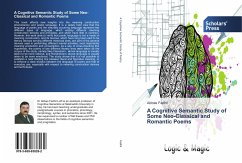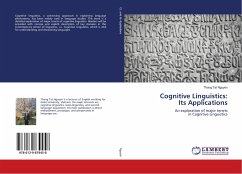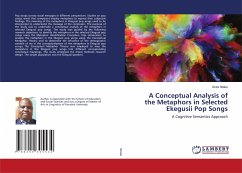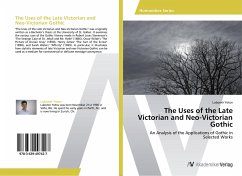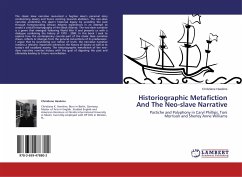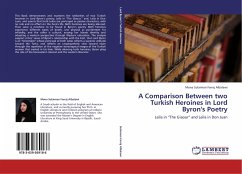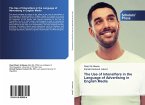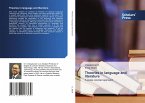This book affords new insights into the meaning construction phenomenon and poetic language. It is a widely held view that the language of poetry and the naturally occurring language represent two different types of language, which employ different meaning construction devices and principles, and which have little in common. However, this work aims to verify that poetic language is but a mode of meaning construction, and its devices, which have long been said to be literary devices serving different rhetorical aims, are part of the general devices used in performing different mental activities, most importantly meaning production and consumption. As a way of cross-checking this hypothesis, the poetry of two different literary eras were taken as the corpus of the study, namely Neo-Classicism , whose language is usually taken to be more rational, and Romanticism, whose language is usually taken to be more emotional. The study shows that it is not possible to establish a neat dividing line between literal and figurative meaning, or to enforce a clear division between the language of poetry and that of everyday use, especially with respect to meaning construction devices and techniques
Bitte wählen Sie Ihr Anliegen aus.
Rechnungen
Retourenschein anfordern
Bestellstatus
Storno

